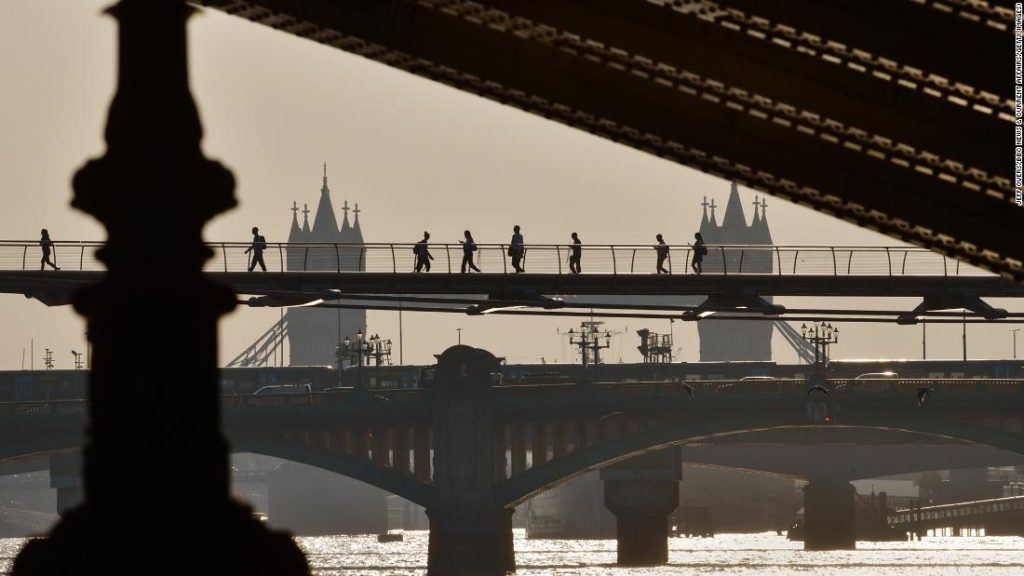The employment gap remains a problem even when comparing families with similar economic backgrounds, despite educational differences becoming more pronounced.
For example, second-generation Indian, Bangladeshi and Black Caribbean women from working class origins are over 20 percentage points more likely to attain tertiary qualifications, which includes undergraduate and postgraduate degrees, than their White British peers from similarly disadvantaged backgrounds, and Indian and Bangladeshi men are over 30 percentage points more likely to do so. Yet they do not do as well as their White British peers in the job market.
“We should celebrate their remarkable success in education, but ask hard questions about why this does not translate into equal success in the world of work,” said Lucinda Platt, a professor at the London School of Economics and co-author of the report, which uses UK census data covering a 40-year period to track outcomes across generations within families. The last available data on these families is from 2011.
“We can be pretty confident that there is discrimination in the labor market,” Platt told CNN Business, adding that this issue clearly “hasn’t been solved” and that publishing ethnic pay gap data could help.
But discrimination is not the only factor in poor labor market outcomes, according to Platt.
“We know, particularly for better jobs, things like social networks can be important,” she said. The dynamics of local labor markets, which determine what sorts of jobs are available, may also play a role given that ethnic minorities are “fairly clustered” in particular areas, she added.
“Attempts to oversimplify by putting poorer labor market performance down solely to less advantaged backgrounds on the one hand, or discrimination on the other, fail to recognize that both are relevant,” she said.
The document claims that the prevalence of the term “White privilege” in “the wake of the Black Lives Matter protests” may have contributed towards a “systemic neglect of White people facing hardship.”
According to the IFS report, only 16% of Indian, 7% of Pakistani, 5% of Bangladeshi and 14% of black Caribbean second-generation ethnic minorities who had reached adulthood by 2011 came from advantaged origins, compared with 29% of white British people.
“Framing poor educational outcomes of poor White kids as being about White disadvantage is disingenuous,” said Platt, commenting on the parliamentary report. “If you’re a poor White boy you won’t be disadvantaged in the labor market relative to poor individuals from ethnic minority backgrounds,” she added.
— Luke McGee contributed reporting.
You may also like
-
Afghanistan: Civilian casualties hit record high amid US withdrawal, UN says
-
How Taiwan is trying to defend against a cyber ‘World War III’
-
Pandemic travel news this week: Quarantine escapes and airplane disguises
-
Why would anyone trust Brexit Britain again?
-
Black fungus: A second crisis is killing survivors of India’s worst Covid wave

